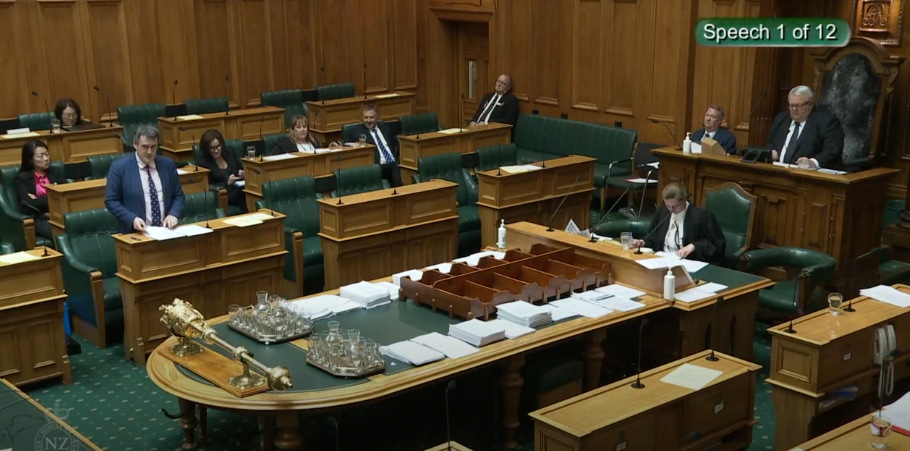The Government has passed legislation that can restrict tenancy terminations when people are required to stay at home in accordance with a COVID-19 Public Health Response order.
The Bill is just awaiting Royal Assent, which is imminent, and it will become law a day after it is signed off by the Governor General.
This now means that the restrictions to tenancy terminations can be switched on and off by Ministerial Order (a ‘COVID-19 tenancies order’) in response to public health measures which generally restrict people from moving house.
These restrictions do not currently apply but would likely come into play if Alert Level 4 type restrictions were activated for a particular region.
“Given we’re soon to transition to a the COVID-19 Protection Framework, when the Minister chooses to ‘switch on’ these restrictions may likely be linked to any changes or requirements in a Health Order, for example,” MBIE Senior Engagement Advisor Raymond Suen told tenancy.co.nz.
Of the changes, one in particular stands out as a throwback to the lockdown rules implemented in 2020.
A landlord will not be able to apply to the Tenancy Tribunal to terminate a tenancy if a tenant is 21 days in rent arrears.
Instead, tenants will need to be 60 days in arrears for termination to be granted.
The Tribunal may refuse to make the order if the tenant is making a reasonable effort to pay the rent or, if after balancing the interest of both parties, a termination is found to be unjust.
Other changes to the Residential Tenancies Act, if activated by Minister Order, include:
- Landlords will not be able to end tenancies, except in limited circumstances.
- Most terminations will be postponed until at least 28 days after the restrictions lift.
- Tenants will still be able to give notice to end their tenancy as usual, but must consider if doing so would affect their ability to comply with COVID-19 public health requirements to stay at home.
- If a tenant had previously served a notice to end the tenancy before the restrictions period, or agreed with the landlord that the tenancy would end, but now wants to stay, they will be able to withdraw the notice or agreement by notifying the landlord in writing.
- Tenants can terminate a tenancy by giving two days’ notice if they are unable to move in due to COVID-19 public health order restrictions. Any bond or rent in advance (relating to the period after the termination) that was paid must be returned to the prospective tenants.
- If a new tenancy was due to begin but new tenants are not able to move in as the property is not vacant, then any agreement between prospective tenants and the landlord will be cancelled. Tenants and landlords should work together to make a plan for when restrictions lift. Any bond or rent in advance that was paid must be returned to the prospective tenants.
- If fixed-term tenancies become periodic due to the restrictions, the landlord may end the tenancy by giving 28 days’ notice within 28 days of the restrictions lifting.
- Landlords will still be able to apply to the Tenancy Tribunal to terminate tenancies for limited reasons, for example where a tenant engages in significant anti-social behaviour or substantial property damage.
- If a tenant had previously got a termination order from the Tenancy Tribunal before the restrictions period, and now wants to stay, they can withdraw the termination order by notifying the landlord in writing. If the tenant still wants to terminate the tenancy once the restrictions are lifted, they can do so by giving 14 days’ notice within 14 days of the restrictions lifting.
- If a landlord had previously got a termination order from the Tenancy Tribunal before the restrictions period, which had not come into effect, the termination date is suspended until 14 days after the restrictions lift (unless the termination order was for one of the limited reasons allowed during the restrictions period or the tenant decides to end the tenancy on the original date).
- If the Minister wants to lift restrictions they must give seven days’ notice that they are going to lift the restrictions, so that tenants have time to make the necessary arrangements to move properties.




